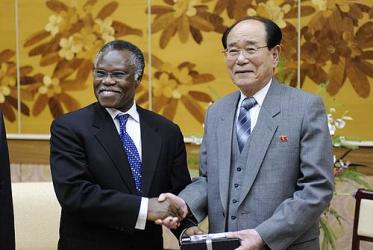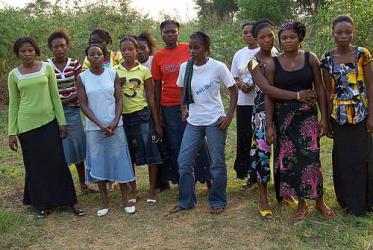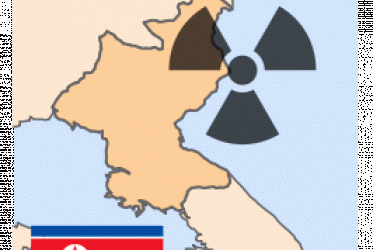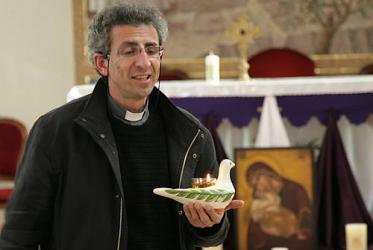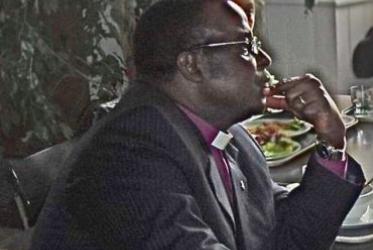Displaying 761 - 780 of 786
22 October 2009
A common date for Easter is possible
27 May 2009
WCC interns blog about Kirchentag
22 May 2009
Israeli occupation puts strain on Palestinian Christians
02 April 2009
Pakistani Christians, service in the midst of conflict
10 December 2008
Witnesses of faith show the way towards visible unity
04 December 2008
Kobia sees changing landscape
14 February 2008
Moderator urges perseverance toward unity
13 February 2008
WCC general secretary confident about Christian unity progress
25 January 2008

